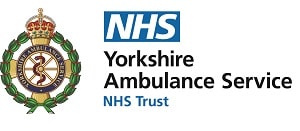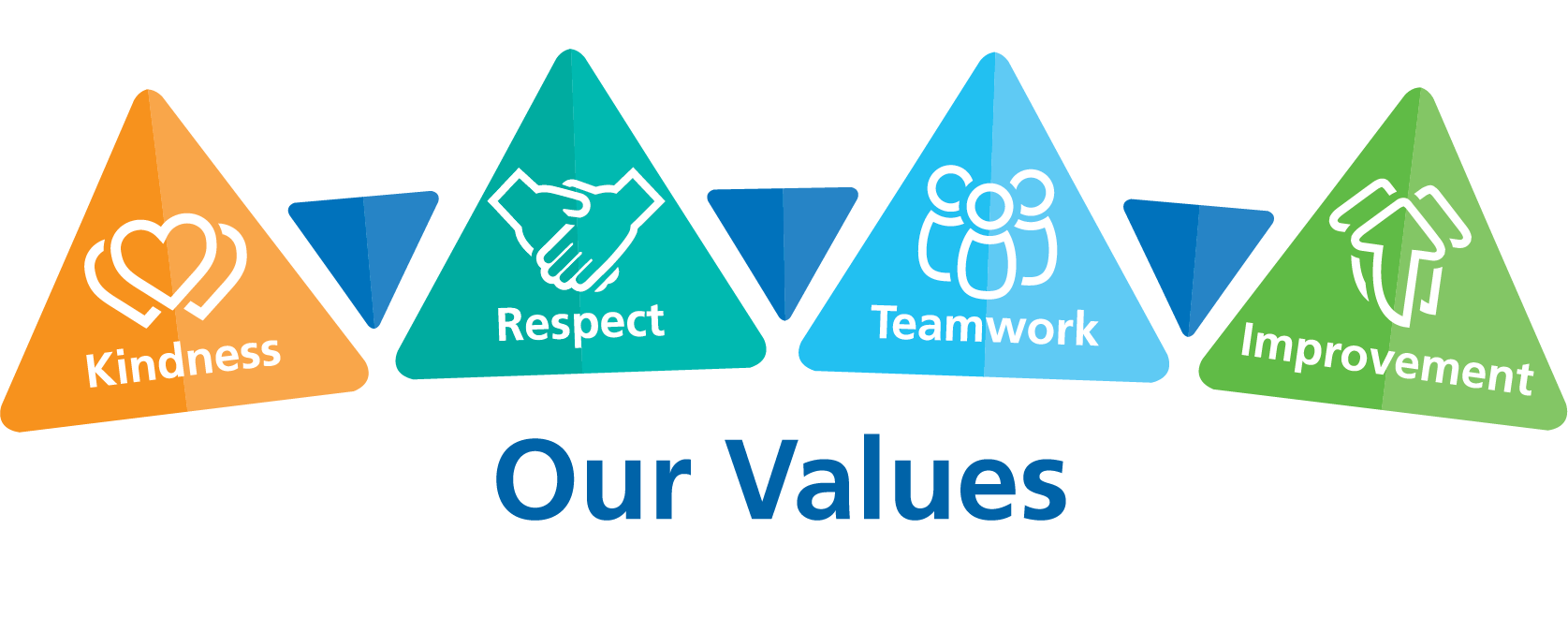Safeguarding Week
17 June 2022

Yorkshire Ambulance Service will focus on key safeguarding topics and themes to mark Safeguarding Week which starts on Monday 20 June 2022.
Safeguarding means protecting a person’s health, wellbeing and human rights and enabling them to live free from harm, abuse, and neglect. It is an integral part of providing high-quality health care and we have a duty to recognise and respond to children, young people and adults who are, or have the potential to be, at risk.
We will join other organisations throughout the UK to mark the awareness event by providing information about everything from safeguarding referrals, safer sleep for babies, county lines, self-neglect/hoarding and female genital mutilation (FGM).
Safeguarding referrals
Last year our staff made 15,422 safeguarding referrals and 12,622 requests for social care assessments.
Domestic abuse
Domestic abuse is defined as an incident or pattern of incidents of controlling, coercive, threatening, degrading and violent behaviour, including sexual violence, in the majority of cases by a partner or ex-partner, but also by a family member or carer. It is very common. In the vast majority of cases it is experienced by women and is perpetrated by men.
Exposure to domestic abuse has a direct impact on children and can affect their physical health and mental wellbeing. This short video featuring NSPCC experts explains why domestic abuse is a safeguarding and child protection issue.
You do not have to wait for an emergency situation to find help. If domestic abuse is happening to you, it's important to tell someone and remember you're not alone. Visit the NHS website for details of where to get help.
'County lines’ is defined as ‘gangs and organised criminal networks involved in exporting illegal drugs into one or more importing areas within the UK, using dedicated mobile phone deal lines'. Tackling 'county lines' is a national priority. The Government’s National County Lines Coordination Centre (NCLCC) aims to measure the threat of 'county lines', focus resources on the most serious offenders, and work closely with its partners to reduce associated harms.
Public Health England's County Lines exploitation: applying All Our Health gives information about 'county lines' and modern slavery, advice for healthcare professionals, and a list of resources, further reading and examples of best practice.
The Children’s Society website contains useful information, including a slang dictionary defining some of the words young people use in relation to drugs, crime and violence.
FGM includes any mutilation of a female’s genitals, including the partial or total removal of the external genitalia for so-called cultural or other non-medical reasons. It is medically unnecessary, extremely painful and has serious health consequences, both at the time when the mutilation is carried out and in later life. FGM is illegal and is a child protection issue.
The next few weeks are commonly known amongst anti-FGM campaigners, not without good reason, as the ‘cutting season’. This horrific name marks a time of year when many young girls are taken abroad to have FGM performed, in order that they can ‘heal’ over the long summer holiday period – mainly to avoid detection when they return to school.
Frontline staff are crucial in identifying and protecting against FGM, so the NHS must be even more vigilant in the coming weeks and take every possible action to prevent this abhorrent practice.
More information is available on the NHS website.
The term self-neglect is used to cover a wide range of behaviour when someone neglects their own health, personal hygiene or their surroundings. This includes hoarding.
Behaviours considered to be self-neglecting include:
- Lack of self-care and not attending to personal hygiene, nutrition and hydration, or health needs, to an extent that it may endanger their safety or wellbeing
- Lack of care of environment and living in situations that could lead to domestic squalor or elevated levels of risk in the domestic environment (for example, health or fire risks caused by hoarding)
- Refusal of assistance that might alleviate these issues. This might include, for example, refusal of care services in either their home or a care environment or of health assessments or interventions, even if previously agreed, which could potentially improve self-care or care of one’s environment
More information is available here.
On average four babies die suddenly and unexpectedly every week in the UK and no cause will be found. This is known as sudden infant death syndrome (SIDS). Since the ‘Back to Sleep’ campaign in 1991 the number of deaths has fallen by 80% but there is a worrying increase in recent years both nationally and in the Yorkshire and the Humber area. Rates in our area are now considerably higher than the average for England and Wales. Any professional coming into contact with families with young babies can make a difference and emergency services have made a difference in some areas. Noticing when babies are not sleeping safely in homes and offering simple advice could help prevent SIDS.- Baby should always be placed on their back to sleep
- Baby should be in a smoke free environment
- Baby should sleep in their own cot or moses basket on a firm flat, waterproof mattress
- Sleeping in a cot with pillows, cot bumpers and soft toys
- Sleeping on the sofa
- Sleeping with a parent on a sofa or in an armchair
- Sleeping in bed with parents who have drunk alcohol or taken drugs/medication
- Getting too hot – too many blankets or having face/head covered while sleeping.
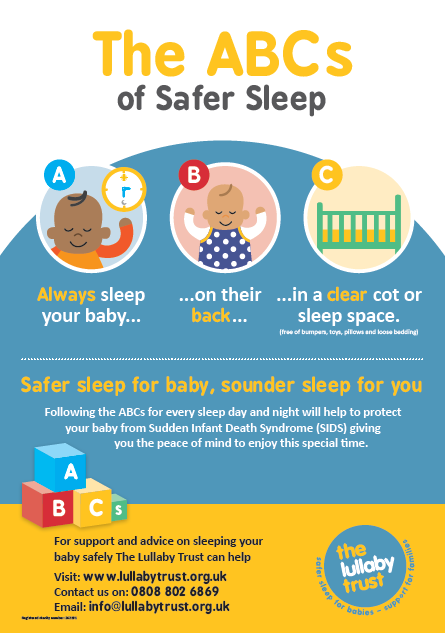
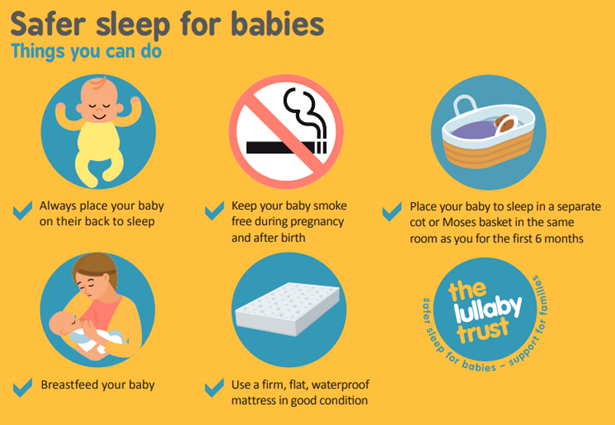
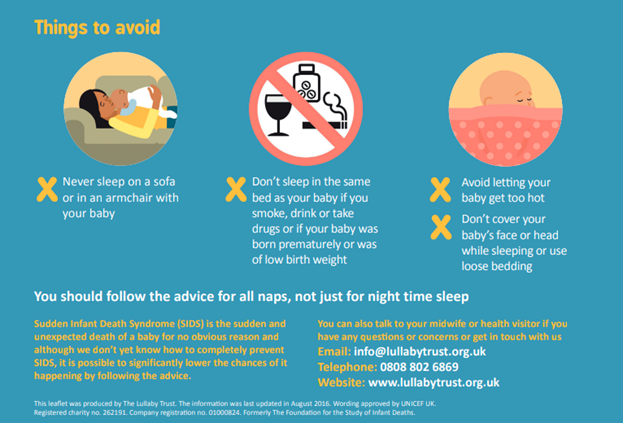
Produced by: Corporate Communications Department
